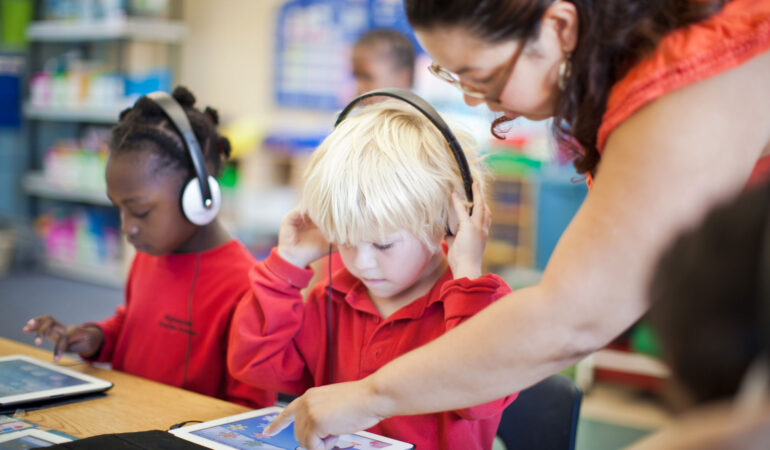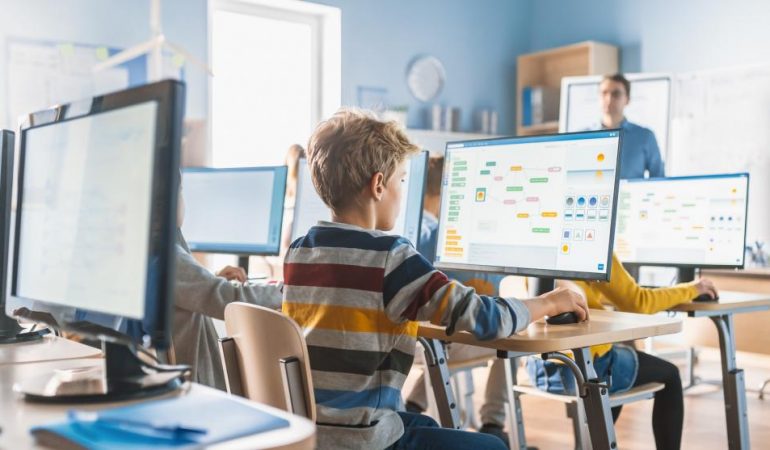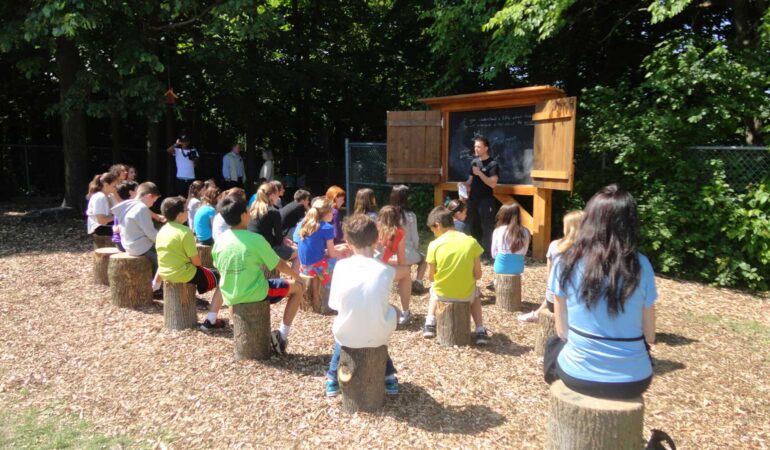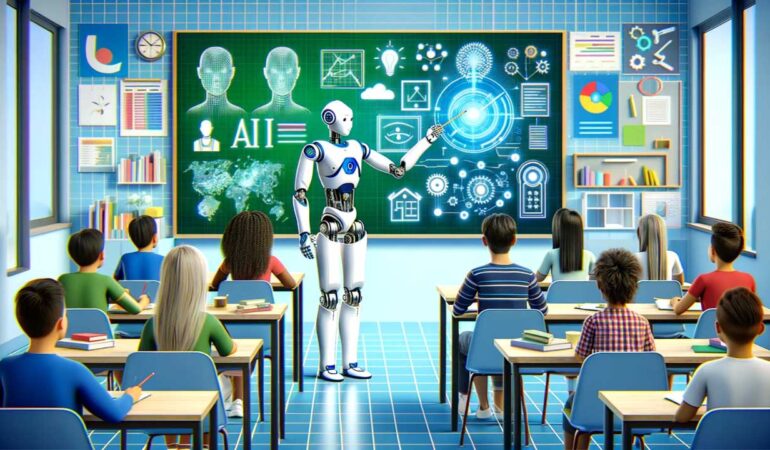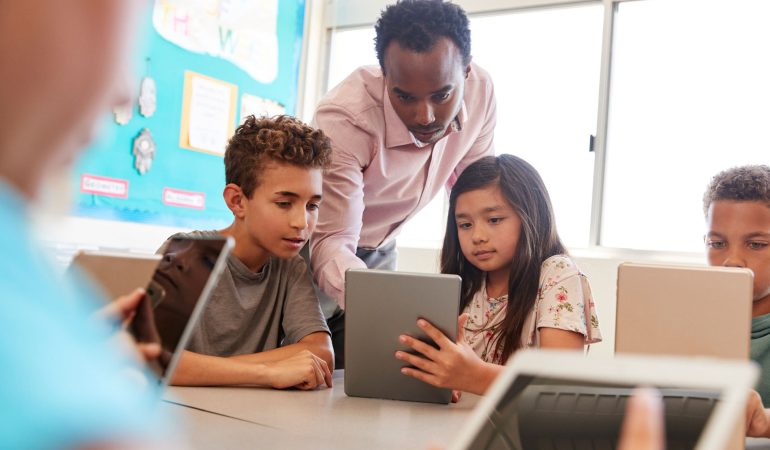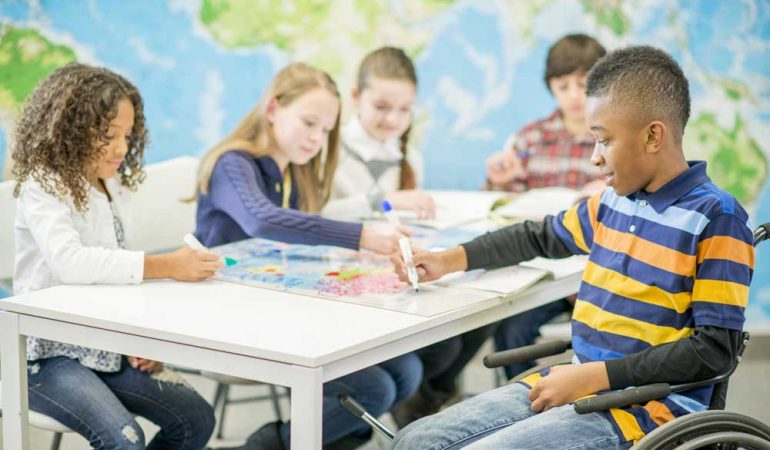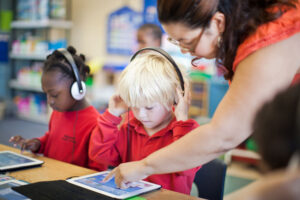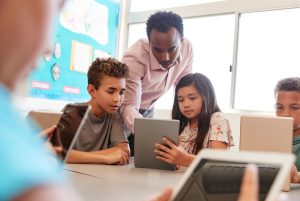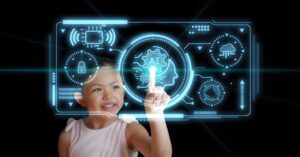Digital Citizenship, Digital Media Literacy and AI Tools in Education
This course offers a comprehensive program for teachers and educators aimed at adapting to the educational environments and societies of the digital age. Covering digital citizenship, digital media literacy, and the use of AI tools in education, the course is structured within the framework of UNESCO, UN, and EU initiatives on these topics. It provides participants with knowledge on digital safety, ethics, and critical evaluation of media content, while teaching them how to implement AI tools through hands-on activities. Participants will gain the skills necessary to enhance students’ digital literacy in schools, raise them as safe and ethical individuals in the digital world, and personalize educational processes using AI tools. This program aims to take significant steps to support digital transformation and innovation in education.
Course Methodology
The course will be conducted through interactive and experiential methods, including collaborative learning, case studies, group work, and hands-on workshops. Icebreaker activities will allow participants to get to know each other and build trust, with an emphasis on group work and practical applications each day. Theoretical information will be presented through brief presentations, followed by practical experiences. Assessment will be based on the projects created and materials developed by participants. Feedback forms will be collected at the end of the course, and participants will receive Europass certificates and participation documents.



